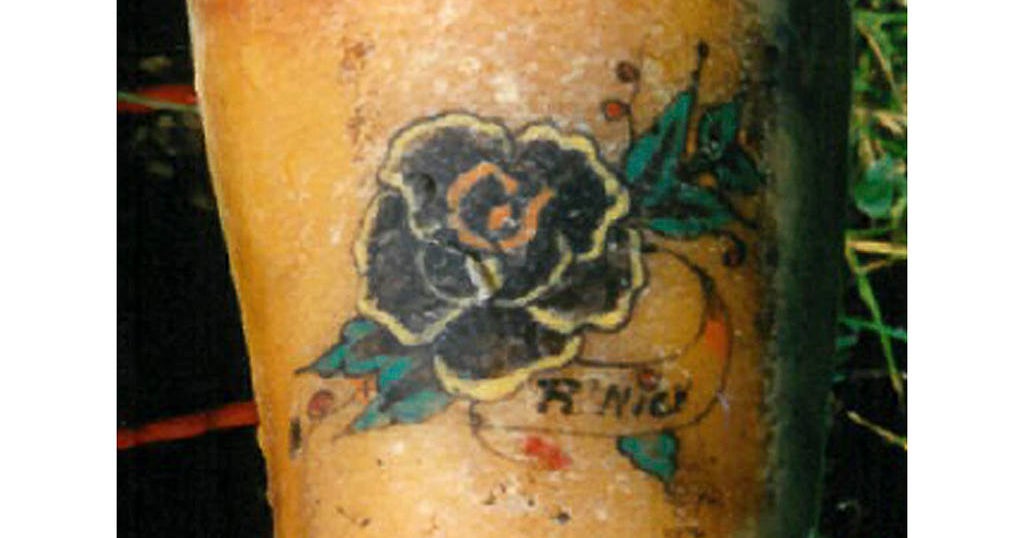Global police organization Interpol launched a new campaign on Tuesday to identify 46 women whose remains have been found across Europe in unsolved cases, some dating back decades.
The Lyon-based organization’s initiative builds on the success of its first Identity Me campaign, which last year helped identify a woman’s body – also known as the “woman with the flower tattoo” — found murdered in a Belgian river 31 years ago as British Rita Roberts.
The original initiative launched to identify 22 deceased women saw around 1,800 tips received from the public.
Now the campaign has been expanded to include cold cases from Belgium, Germany and the Netherlands, as well as unexplained deaths from the new participating countries France, Italy and Spain.
Most of the women were “murdered or died under suspicious or unexplained circumstances,” the organization said.
“We need your help!” Interpol Secretary General Jurgen Stock said this in a video. “Let’s work together to give these women their names back.”
He said even the smallest piece of information can be crucial in solving cold cases.
“Whether it’s a memory, a tip or a shared story, the smallest detail can help uncover the truth,” he said.
Interpol
Roberts was identified more than thirty years later thanks to a tattoo of a black flower with green leaves, which was recognized by a relative in Britain. The family had contacted the appeals hotline within two days of the campaign’s launch.
‘Give justice to the victims’
Interpol is publishing images of the women’s faces, as well as images of items such as jewelry and clothing discovered at the various locations where the remains were left.
“Our goal with the Identity Me campaign is simple: we want to identify the women who died, provide answers for families and provide justice for the victims,” Stock said.
“The public could be the key to unlocking a name and a past and delivering justice that is long overdue.”
Among the women Interpol is trying to identify is the body of a woman – dubbed ‘the woman in the suitcase’ – estimated to be between 16 and 22 years old. In the fall of 2005, her body was found in a red suitcase. lying in the canal in the city of Schiedam in the west of the Netherlands.
“Her body was wrapped in a white duvet cover with a red/pink and blue floral pattern,” the organization said.
In November 1988, the body of another young woman was found in a nature reserve near Berlin.
Dubbed the “woman in men’s clothing”, she wore a gray-colored cotton men’s shirt, blue jeans and a men’s jacket. She had been “violently murdered,” Interpol said.
In a third case, the fully clothed body of a woman was discovered by a hiker in the forest around the town of Mimeure in eastern France in July 2001.
“She was found in a bag made of paisley-patterned curtains,” Interpol said. “The victim was seven to nine months pregnant.”
The oldest of the cold cases, ‘the girl in the parking lot’, dates from 1976. Her body was found along the A12 in the Netherlands.
Twelve high-profile female ambassadors, including Dutch actor Carice van Houten and French former athlete Marie-Jose Perec, from the six participating countries have been recruited to help rally public support.
“Is someone you know or close to you missing?” van Houten asked in the video. “Could one of them be your missing relative?” Perec said.
During the campaign, Interpol shared previously confidential information – the so-called Black Notices – about unsolved cases for the first time.
The confidential communications intended for law enforcement may include information about the location where the body was found, biometric information such as DNA and fingerprints, dental charts, and physical descriptions of the body or clothing.
Interpol is an intergovernmental organization for police cooperation between the 195 member states.







